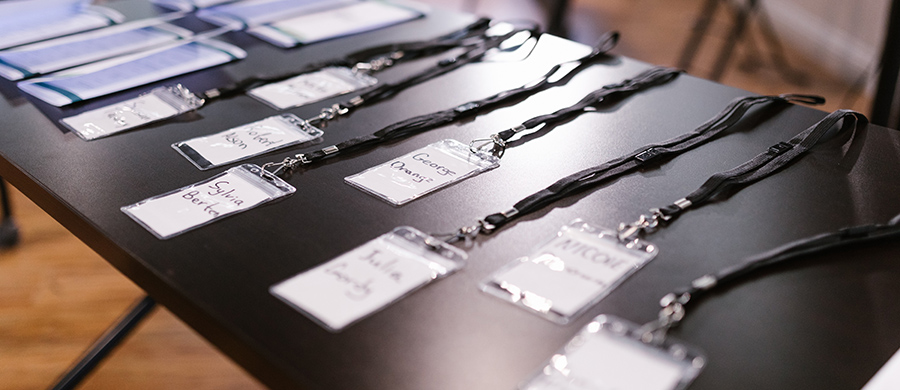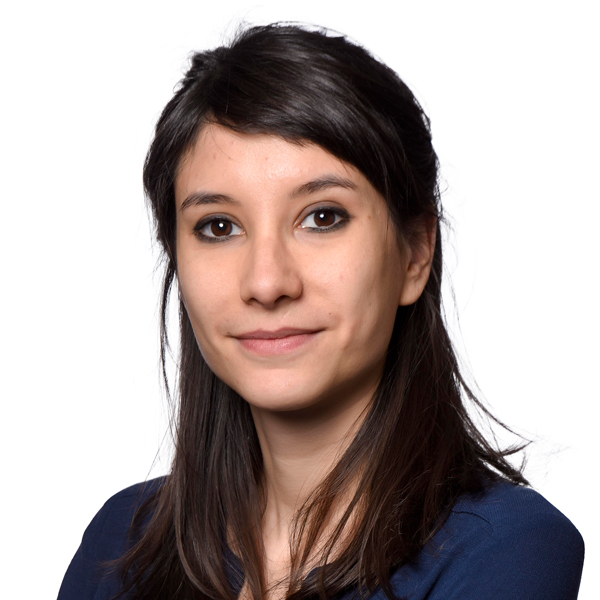If someone searches for me online, will they find me?
Subject: Multidisciplinary
The director of Library Services for Research, Clara Riera, highlights the importance of creating a standardized signature for your scientific articles.
There can’t be many people with the same name as me, can there? You may not think so, but the reality is that there could be lots of people in the world with a name that is the same or very similar to ours. In my case, for example, there is another librarian working at a different Catalan university who is also called Clara Riera and, although I had never previously thought of my name as being especially common, it was even used as part of an advertising campaign for Barcelona's airport this year!
It is, therefore, very important to make it clear who you are, particularly for researchers, and to stipulate the research activities you are involved in. As such, I would advise you to follow these three simple steps:
Decide on a name
Invest a couple of minutes in deciding the name by which you would like to be identified and create an ORCID code, a unique identifier that distinguishes you from every other researcher. This will be your brand, your digital identity! Find out more by looking at the following reference materials:
- The documents outlining the Author signature recommendations for scientific output at the Universitat Oberta de Catalunya.
- This video featuring tips on actively building your personal brand.
Always use this name
In all your online profiles (Google Scholar profile), in the signature you use when submitting publications and in accreditation, grant and subsidy applications.
Do not tolerate name variations
Mistakes made on entering article information into databases may mean you find that you have been referenced by another name. In the event you discover a variation of your name, contact the Library and ask for it to be changed. In May alone, for example, we have made around 30 requests to Scopus to standardize the names of UOC authors and have identified some researchers referenced under as many as three or four author IDs!
What are the advantages of standardizing your name?
- Greater visibility for your activity: prevents ambiguities regarding researcher names and affiliations and allows you greater control over your scientific output.
- Simple to monitor your publications and citations.
- Your ORCID ID identifies you as a researcher throughout your entire career and saves you time in terms of communications with the scientific community because it is connected to other databases, such as Scopus. Furthermore, it is something that is increasingly being requested when submitting articles to magazines, among other publications.
How can the Library help?
- We provide help with standardizing your name on databases. Remember that some databases such as Scopus already include tools to unify name duplications. The Library also conducts periodic controls and requests changes where necessary.
- We help you create and manage your ORCID identifier, to import your publications from your Google Scholar profile or your bibliographic manager in a compatible format, and to synchronize with other databases (Crossref, Scopus, DataCite, PubMed, Redalyc, etc.).
- Request a workshop for your research study or centre on how to improve your digital identity and create all the profiles referenced above. This month we will be holding our third workshop on various subjects!


